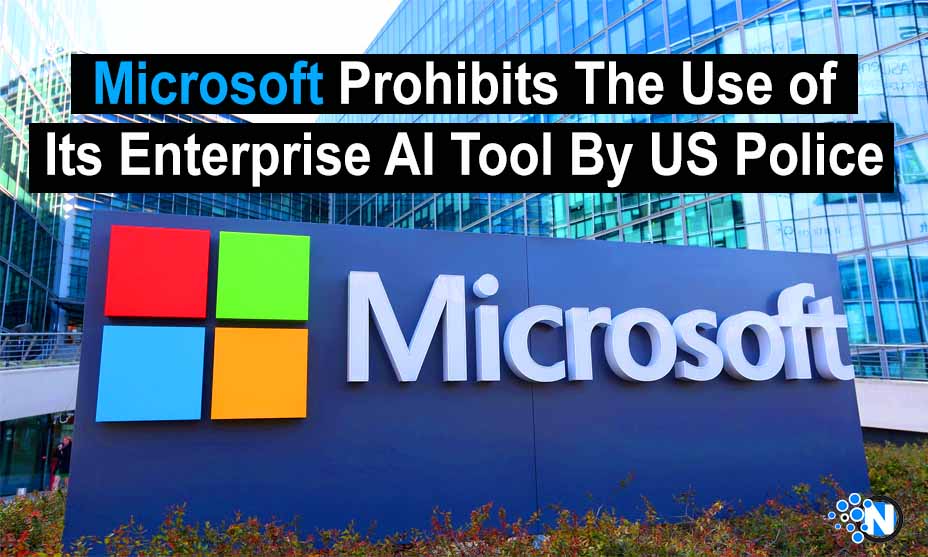Microsoft Prohibits The Use of Its Enterprise AI Tool By US Police

Microsoft is implementing a solid strategy shift after updating its terms of services. In this way, it can now prohibit the police department of the United States from using the potential of generative AI for the purpose of facial recognition with the help of Azure OpenAI Service. This ultimate decision will showcase the ethical concerns that revolve around the usage of AI in law enforcement.
Background
The Azure OpenAI Service is one of the most popular enterprise-focused platforms that offers different OpenAI technologies. Various organizations have been found using this tool, including the likes of law enforcement to take their technological capabilities to an advanced level. Nevertheless, the changes in the current policy have impacted the use of this service by the US police departments.
Ethical Considerations
The ethical considerations of AI in the law industry are quite challenging and complex. Critics have raised several concerns regarding hallucinations, where AI models play their role in generating the facts. Also, they have raised issues about social biases, which are occurring because of the poorly trained data. Thus, it is creating an unwanted influence on the people of color.
The New Terms of Service
Microsoft has now updated its terms of services to include the language that inhibits the use of Azure OpenAI services by police departments in the USA. It also includes any sort of integration with the speech and text analyzing models of OpenAI. Moreover, these terms can diminish the use of real-time facial recognition technology on mobile as well as on body cameras and dashcams in uncontrolled environments.
Global Law Enforcement Restrictions
While the ban of using AI is currently limited to US police department only, the new terms and conditions also cover the law enforcement globally. Hence, they limited its usage in uncontrolled environment. It will indicate a positive usage of the generative AI to bring immense advantages to the users.
The Case of Axon
Axon, one of the most popular enterprises for producing tech and weapon products for military and law enforcement, has announced the launch of a new product that will leverage the potential of the GPT-4 version of OpenAI. Hence, it will summarize audio from body camera. The response is quick with many enterprises are pointing out the potential risks associated with this technology.
Microsoft’s Stance on AI Use in Law Enforcement
The updates privacy policy of Microsoft us aligning appropriately with its recent approach toward the AI-powered law enforcement and defense contracts. Despite the ban, TechCrunch has revealed that Microsoft is continuously working with the Pentagon on projects, including the likes of cybersecurity capabilities. Also, it is proposing the DALL-E tool of OpenAI for image generation during military operations.
Implications for Law Enforcement
The recent prohibition of using Azure OpenAI Service by the US police for facial recognition purposes is not implicated in International police. Also, it can be used with stationary cameras in controlled environments. This approach will allow the utilization of specific applications while restricting the others. Hence, you can reflect a careful consideration of the ethical implications of AI.




